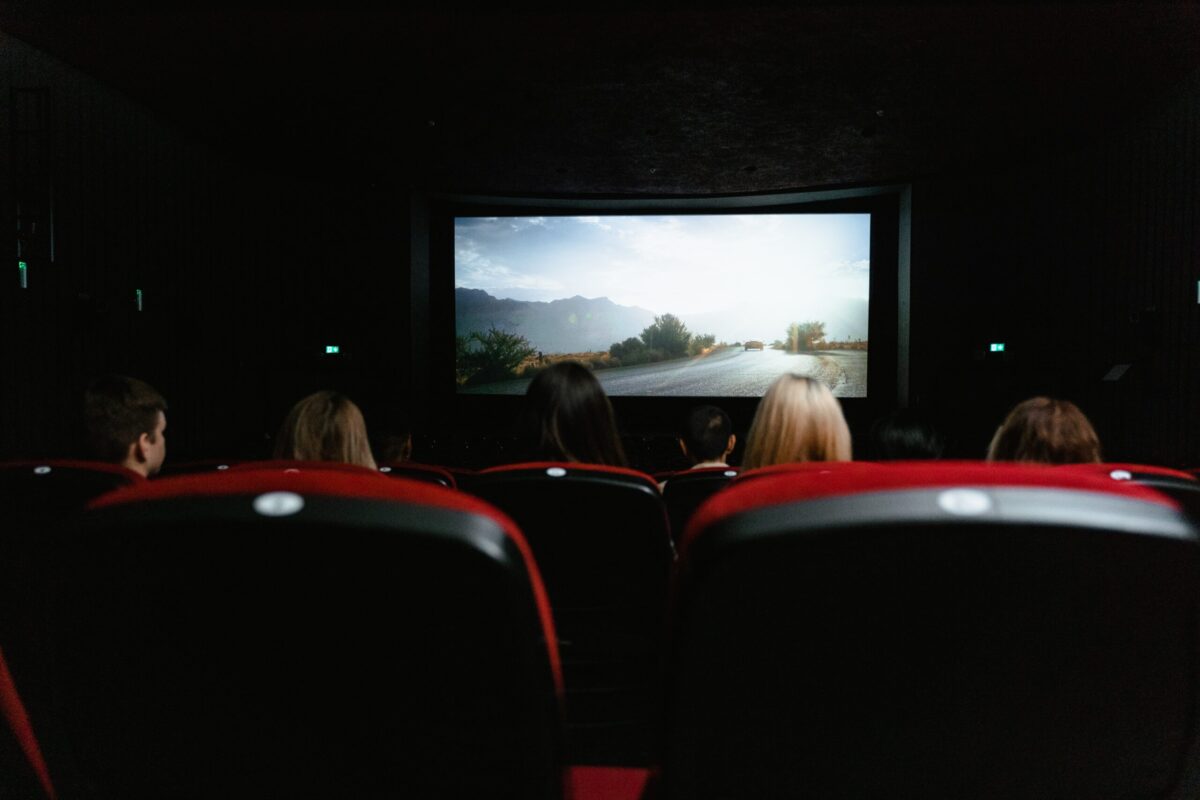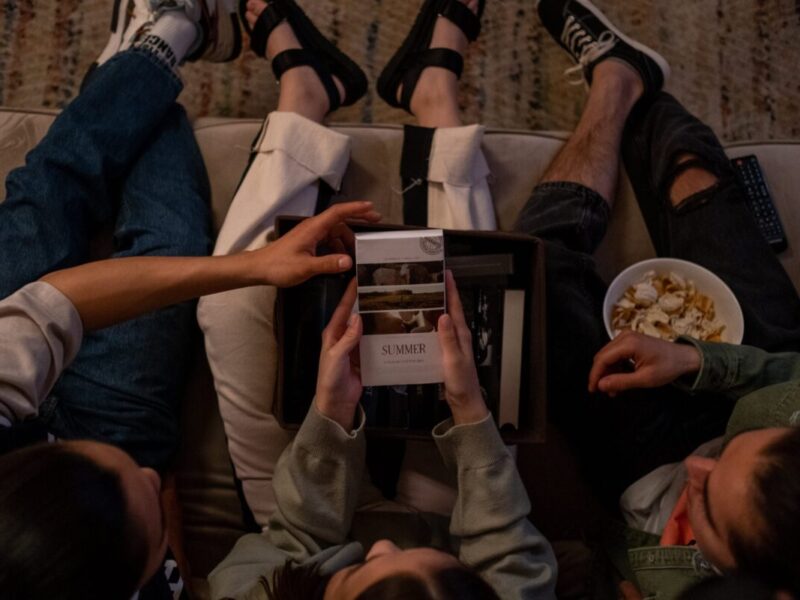4 Poetry Collections That Pair Perfectly With Barbie
Greta Gerwig’s Barbie has hit theaters and has emerged culturally iconic this summer – from clothing partnerships to trending memes on social media, Barbie is truly everywhere. The film, which stars Margot Robbie and Ryan Gosling, has highlighted both the joyfulness and the significance of women-fronted narratives. While the movie packs plenty of whimsy, humor, and nostalgia, movie-goers are also championing its thoughtful consideration of issues like body image, gender roles, and mental health. Long-time fans of Barbie weren’t surprised by this, as the iconic doll and character has long been a symbol of femininity and women’s ever-shifting role and challenges in society. After you’ve watched Barbie – whether it’s your first or 10th viewing – dig into these poetry collections to keep reflecting on these themes and celebrating the diversity of womanhood.
Barbie Chang by Victoria Chang
Like the Barbie movie, Guggenheim fellow and Pushcart Prize recipient Victoria Chang’s Barbie Chang criticizes capitalism, societal expectations, and the vapid monotony of an image-centric life. Just as Gerwig’s protagonist begins to question the world around her, so does the speaker at the heart of Barbie Chang, asking of her upper-middle-class suburban life: “What if we don’t / even love living but just / the idea of it?” In Barbie Chang, womanhood and classism are both reckoned with, but Chang also investigates her seemingly airbrushed society through the lens of Asian American identity, questioning what it means to be an Asian woman in a society and community where white is the default. Barbie has long been upheld as the blonde and thin standard of white womanhood – making it even more crucial to read and understand Chang’s analysis of how women of color both try to assimilate into and resist this narrow standard.
Doll Apollo by Melissa Ginsburg
Barbie meets ecopoetics in Melissa Ginsburg’s Doll Apollo. The collection, which won the Mississippi Institute of Arts and Letters Poetry Award, is an examination of how material culture plays into gender roles, desire, and the future of the planet. In doing so, Ginsburg – whose collection begins by referencing the early paper doll – ties the fate of women to the fate of the planet, a powerful and deeply relevant ecofeminist statement. Far from just a look at material culture, Doll Apollo also investigates how the products marketed to us and the products we buy tie into pop culture – where violence, beauty, and sexism have often been packaged together and sold to women throughout history.
Pink by Sylvie Baumgartel
When you think of Barbie, you likely think of pink – whether that’s bubblegum pink or fuschia. Pink has long been a color symbolizing womanhood, in ways that have been both empowering and stifling. Sylvie Baumgartel, whose poetry has been praised by both Richie Hofman and Jericho Brown, chronicles the history and significance of the color in her 2021 collection. Pink presents the hue as both a symbol of beauty and a symbol of violence, and intimately links its visceral history to women’s bodies and autonomy. Fans of ekphrasis, or art-inspired poetry, will appreciate Pink for the way it takes imagery, vocabulary, and other inspiration from classic paintings.
These Are My Big Girl Pants by Amber Vittoria
The premise of Barbie involves the titular character giving up her seemingly utopian life to journey into the “real world,” as well as to make difficult yet courageous decisions for herself. Similarly, These Are My Big Girl Pants, a recent release from poet and artist Amber Vittoria, is an ode to women finding their own distinct voices and stepping into their power. Like Barbie, the collection is awash in bright colors and bold designs, underlying a happy aesthetic with much deeper themes and messaging.
Bonus: If you have a long history with Barbie, use it as a writing prompt. Do you remember when you were first introduced to Barbie? What role did Barbie play in your childhood? And how have your feelings about Barbie shifted over time?




